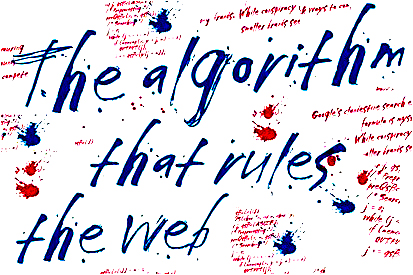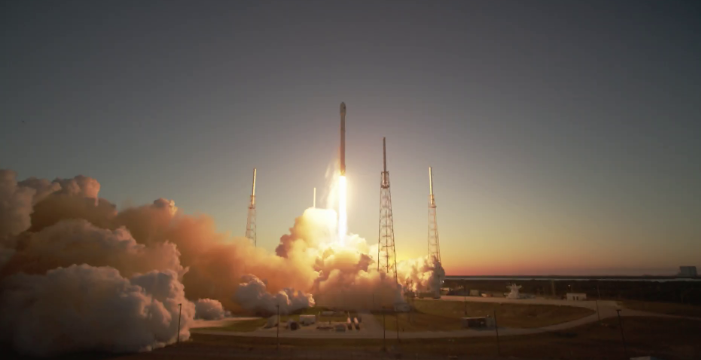We know we’re going through massive change. And that things are moving faster than ever. Our politics are harming those who they claim to protect. One potential savior is the on demand economy. On demand economy proponents claim people will be Uber drivers, freelance writers, freelance attorneys, accountants, video editors, programmers. People won’t buy things, they’ll just lease them (and they’ll be happy). It’s true, some people will live like this and be happy. But the on demand economy is just a bandaid on a wound that requires an emergency room visit. And it might be worse. It might be like giving adrenelline to someone who’s already bleading out.
The labels “on demand economy” or “sharing economy” don’t accurately characterize these new business models and work arrangements. One of the new “jobs” rates airbnb accommodations based on cleanliness, if the photos are real etc. Their job is to make sure it doesn’t smell bad. They’re on demand airbnb smellers. While that’s a new job that maybe be needed, it’s not a job that will pay living wages and give people dignity.
We have similar problems in most other “sharing economy” companies. It’s like making people into code, shuttling them from place to place and only paying them when they can work. It’s many a business owners’ dream: pay workers only when they can work, don’t pay benefits and make workers compete against each other. Look at Amazon’s Mechanical Turk, where workers are paid pennies to complete mundane tasks and train the AI. Turkers are already protesting that they’re people, not algorithms. Contrast the sharing economy with Henry Ford’s dream of paying his workers so that they could afford his product. We’ve come a long way.
This competition structures incentives to create a massive race to the bottom. These companies make economic sense for the first people who use them, but don’t make sense for workers in the long term. Just look at Uber driver income in any new city. Uber pays big bonuses when they come into a new market where there are few drivers. Drivers earn $100k+ in places like Philly and LA. But as soon as more drivers get on the platform, wages go to as close to zero as possible as Uber lowers fares and ups its commission.
For on demand services like design, programming, creative writing etc, the developing world will always win these price wars. Just look at Upwork…there’s $2/hour video editors that do a great job. As Seth Godin put it, “we can’t out obedience the competition.” It’s a race to the bottom.
On demand economy websites will help some people go through the transition from stable jobs to our new AI enabled future, but competition that drives compensation, working conditions and best practices to the lowest common denominator will be the norm. Airbnb smellers are a new job, but not something that’s going to give satisfaction or a wage that supports a family in the near future.
Photo credit: synx508



